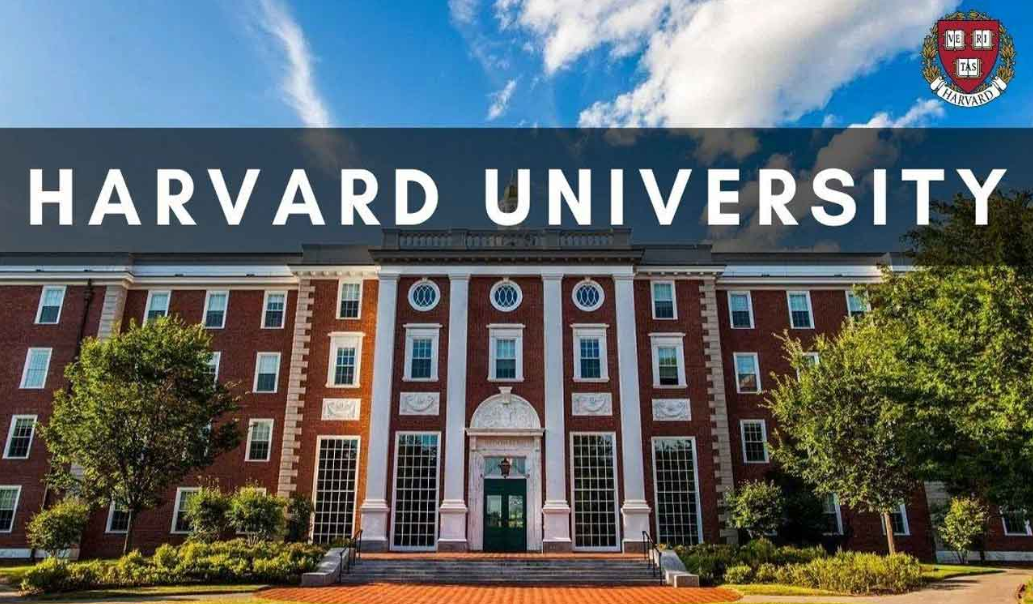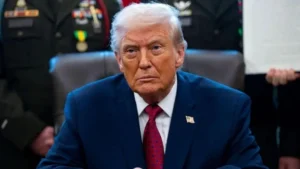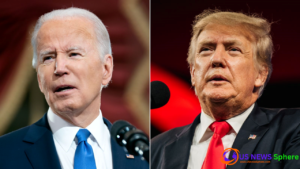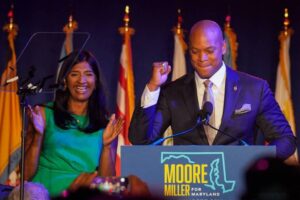Trump’s Attacks on Harvard Could Cripple U.S. Research, Warns Governor Healey
Massachusetts Governor Maura Healey has sounded the alarm over Trump’s attacks on Harvard, stating that the former president’s actions threaten the core of American scientific leadership and innovation. During a recent appearance on CBS’s Face the Nation, Healey criticized Trump for politicizing one of the world’s most respected institutions, warning that the consequences could deeply harm the United States’ long-standing dominance in research and development.
Understanding Trump’s Actions Against Harvard
Donald Trump has recently escalated his public criticisms of Harvard University, describing the institution as “elitist” and accusing it of fostering biased political ideologies. These criticisms have gone beyond rhetoric. Trump-backed political actions have led to a freeze on over $2 billion in federal research funding, directly affecting Harvard’s ability to conduct scientific and medical research. This marks a significant disruption to national academic operations.
According to reports from academic funding watchdogs, the funding freeze impacts over 20 major research projects and could affect up to 3,000 jobs tied to grants and partnerships at Harvard.
Why Governor Healey Is Speaking Out
Governor Healey’s warning is not just a defense of her state’s most prominent university—it is a broader statement on the importance of safeguarding American research institutions from political retaliation. She emphasized that these attacks have the potential to:
- Undermine national innovation efforts
- Deter talented researchers from working in the U.S.
- Damage America’s reputation in the global academic community
She stated, “When you attack Harvard, you don’t just go after a building or a name. You are threatening the future of American discovery, jobs, and competitiveness.”
The Bigger Picture: Impact on U.S. Scientific Leadership
To clearly understand the broader threat to American research, let’s look at a comparison between global research investment and its consequences.
U.S. vs. China Research Investment and Growth (2020–2025)
| Year | U.S. R&D Investment (USD) | China R&D Investment (USD) | Global Innovation Rank (U.S.) | Global Innovation Rank (China) |
|---|---|---|---|---|
| 2020 | $656 billion | $526 billion | #1 | #14 |
| 2022 | $680 billion | $571 billion | #1 | #11 |
| 2025 | Projected: $700 billion | Projected: $680 billion | At Risk | Projected: Top 5 |
If U.S. funding stagnates while political interference increases, the country’s long-standing lead in innovation could decline, allowing competitors like China to close the gap.
Who Suffers From This Political Attack?
The effects of Trump’s attacks are not limited to Harvard’s administration. A wide range of stakeholders are impacted, including:
- Medical Research Patients: Studies on cancer, rare diseases, and genetic disorders may be delayed.
- Young Scientists: Doctoral candidates and postdocs face a shrinking pool of grants.
- The U.S. Economy: Innovation drives new industries; disruption in research funding reduces potential economic growth.
U.S. Research, Ripple Effects of Harvard Funding Cuts
- Harvard Research Budget Cut
- └─ Delayed Lab Projects
- └─ Slower Drug Discovery
- └─ Researcher Layoffs
- └─ Brain Drain to Other Countries
- └─ Academic Partnerships Collapse
- └─ Global Reputation Impact
- └─ Delayed Lab Projects
What Experts and Leaders Are Saying
The academic community has largely backed Governor Healey’s comments. Research associations and university presidents have expressed concern about the dangerous precedent being set. Harvard Medical School released a statement indicating that “the federal freeze is already causing project shutdowns and creating deep uncertainty in our scientific community.”
This growing chorus of concern highlights how vulnerable even the most established institutions can become in politically charged climates.
The Real Cost of Politicizing Science
It is rare for a U.S. governor to step so boldly into a national academic debate, but Maura Healey has made it clear that the stakes are high. Her remarks highlight a growing concern across the political and scientific spectrum: if institutions like Harvard are politically punished for ideological reasons, the nation’s entire knowledge economy is at risk.
In an era when global competition in technology and medicine is more intense than ever, weakening top research centers is not only counterproductive—it is dangerous.
Conclusion: Time to Safeguard American Innovation
If the U.S. wants to remain a global leader in science and technology, it must protect academic institutions from partisan attacks. Governor Healey’s message is a wake-up call. Politicizing funding decisions damages not only universities but also the future of national progress.
The world is watching, and America’s ability to lead may depend on whether it allows political power to override scientific purpose.





